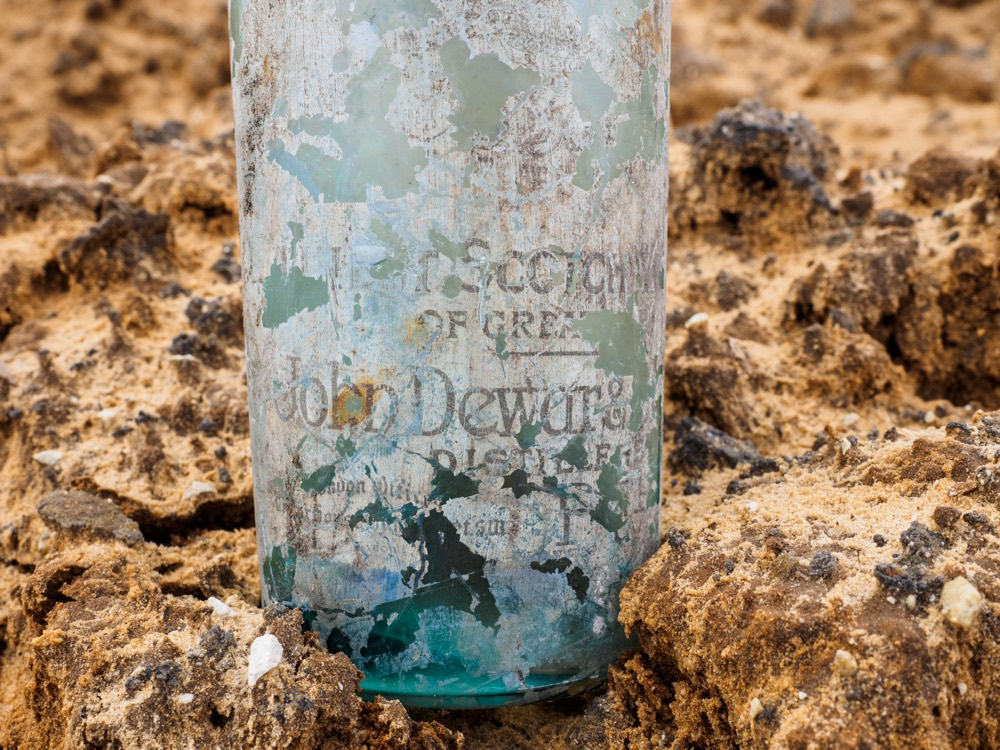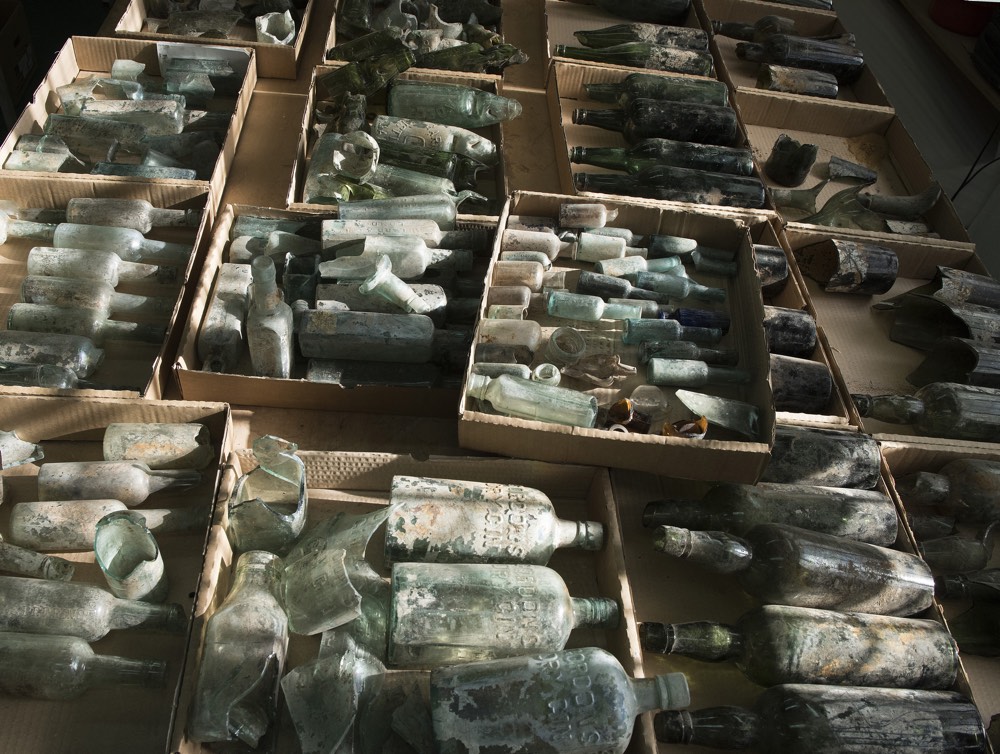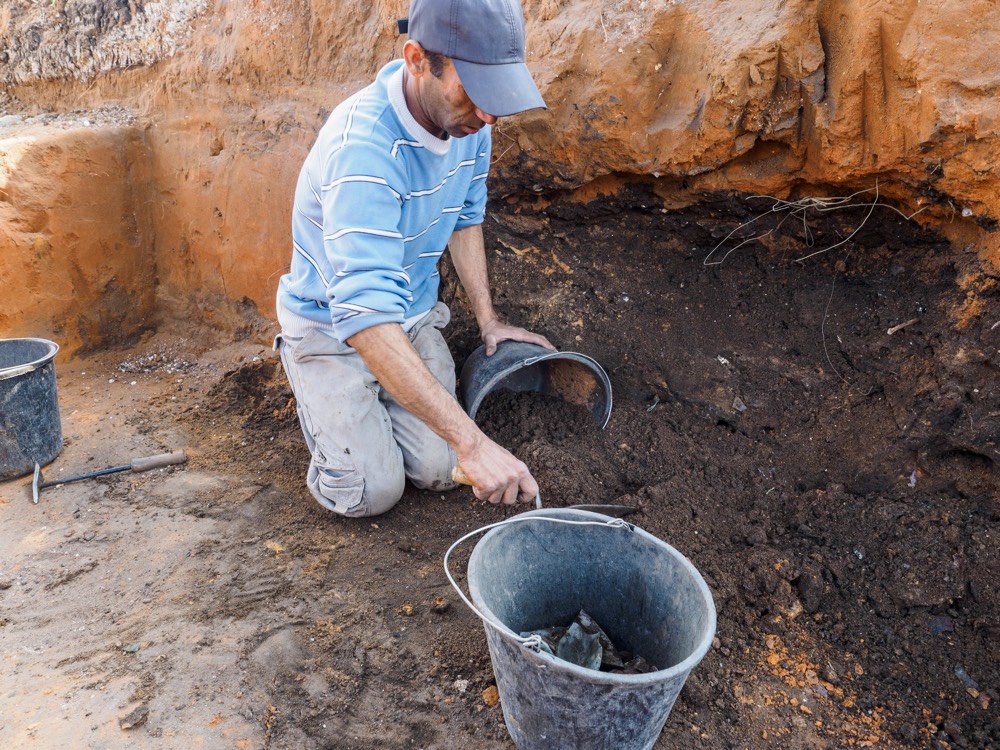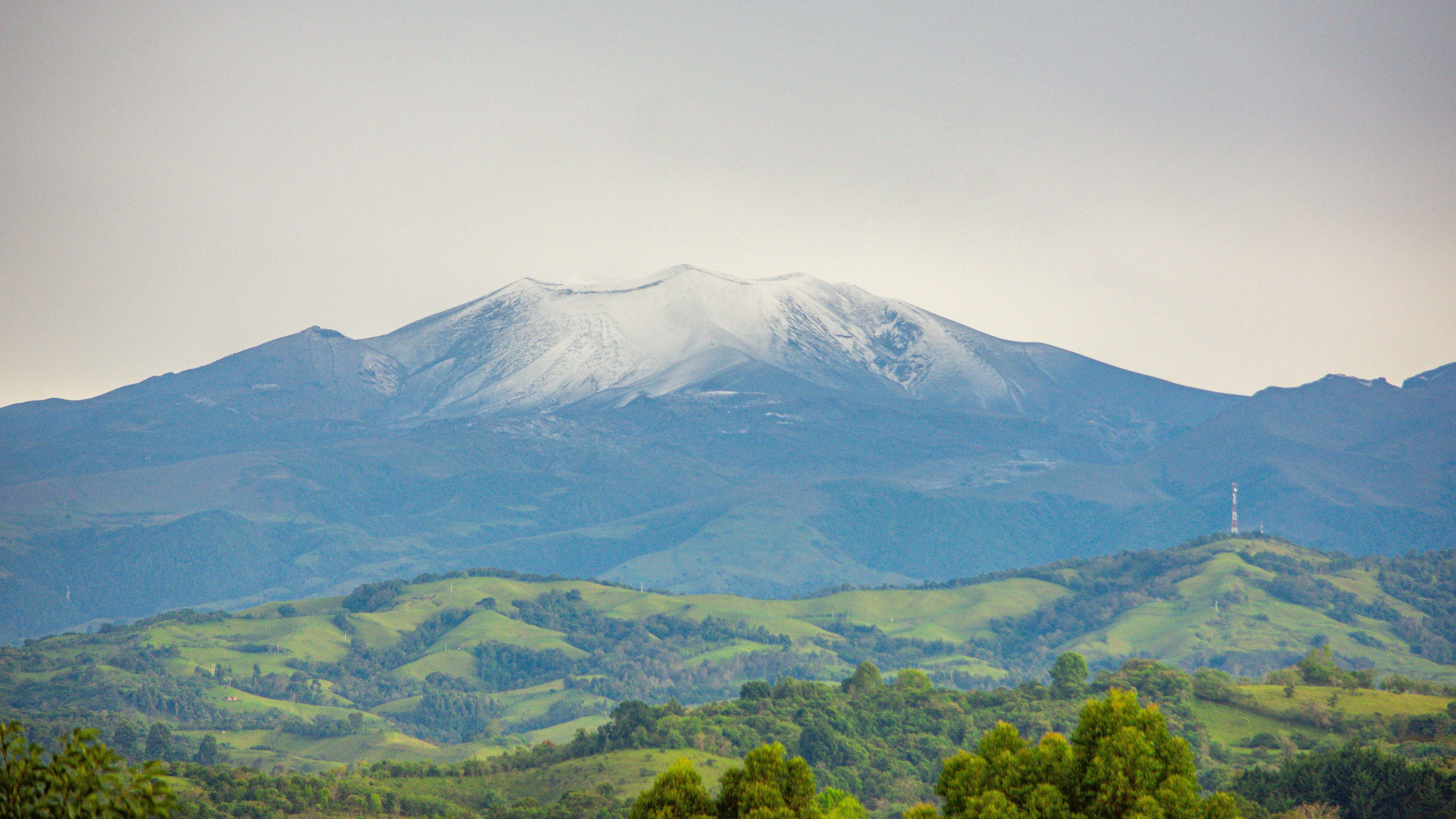British WWI Stash Uncovered: Hundreds of Liquor Bottles

Hundreds of World War I-era liquor bottles have been uncovered at a buried British barracks in Israel.
The Israeli Antiquities Authority said the discovery was made a few weeks ago while archaeologists were conducting a salvage excavation near the city of Ramla (between Tel Aviv and Jerusalem) ahead of the construction of a highway.
The excavators unearthed the foundations of an agricultural building from the Ottoman Empire — which ruled Israel from 1517 until the end of World War I — that had apparently been repurposed as housing for British soldiers during the war.
At some point, the building had been burned down, but lots of artifacts from the British soldiers remained inside the foundation walls, including buttons and belt buckles from their uniforms and pieces of riding equipment. Just outside the building, archaeologists found the soldiers' garbage dump. [Photos: 5,000-Year-Old Stone Monument in Israel]
"We were surprised to discover that along with broken crockery and cutlery there was an enormous number of soft drink and liquor bottles," excavation director Ron Toueg said in a statement. "In fact, about 70 percent of the waste that was discarded in the refuse pit were liquor bottles. It seems that the soldiers took advantage of the respite given them to release the tension by frequently drinking alcohol."
A glass expert determined that the bottles once contained mainly wine, beer, soda and other alcoholic beverages, including gin, liqueur and whiskey. Most of these drinks came from Europe.
Besides the booze-bottle stash, archaeologists also discovered 250,000-year-old flint tools dating back to the Middle Paleolithic period as well as another artifact of war — the tip of a swagger stick, which would have been carried as a symbol of authority by a senior officer in the Royal Flying Corps.
Get the world’s most fascinating discoveries delivered straight to your inbox.
"To the best of my knowledge, this is the first item of its kind ever found in Israel," Assaf Peretz, a researcher from the Israel Antiquities Authority, said in the statement.
The area around Ramla was conquered in 1917, and the British soldiers stationed in Israel (who were led by the famous Gen. Edmund Allenby) occupied this area for about nine months before moving north.
Original article on Live Science.





